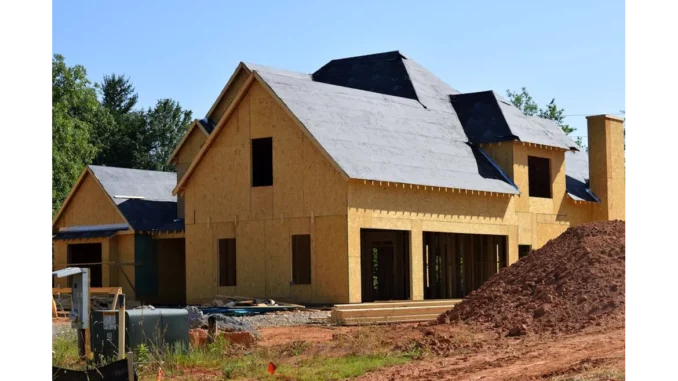
In the world of construction, delays can spell disaster for budgets and schedules alike. As a journalist with a keen interest in the intricacies of project management, I recently had the pleasure of speaking with Samantha Cooper, an experienced construction manager with over 15 years in the industry. Samantha’s insights not only shed light on the common pitfalls that lead to construction delays but also offered practical advice on how to mitigate them. Below, I recount our conversation, peppered with tips and strategies that any project manager or contractor might find invaluable.
Focus360 Energy: property compliance services – pre-planning to post-construction. Learn more.
Minimising Construction Delays and Blockers
Samantha began by highlighting the importance of distinguishing between delays and blockers. “Delays are almost inevitable,” she explained, “whether it’s due to weather issues, like unexpected rain during concrete pouring, or subcontractors running late.” However, she noted that understanding these issues ahead of time can prevent them from derailing an entire project. “Blockers, on the other hand, are tasks that must be completed before others can proceed. Identifying these early is crucial,” she advised.
In her experience, careful planning is paramount. By anticipating potential blockers and addressing them in the project timeline, managers can prevent these issues from becoming major obstacles. “It’s all about foresight,” Samantha stressed. “The earlier you can pinpoint these blockers, the smoother your project will run.”
Improving Management Methods
Samantha was quick to point out that effective management is at the heart of successful construction projects. “Time, money, and resources are often wasted due to poor management,” she lamented. She emphasised the role of a construction manager in coordinating labour and materials, ensuring that everything is where it needs to be, when it needs to be there.
To improve management effectiveness, Samantha suggested adopting modern project management methodologies. “There are so many tools and techniques out there now,” she mentioned, “and using the right ones can make a significant difference in keeping a project on track.”
The Power of Planning
“If there’s one mantra in construction, it’s ‘plan, plan, plan,'” Samantha laughed. She explained that a comprehensive project plan is more than just a timeline. It should be a living document that evolves as the project progresses, providing a clear overview and allowing for quick adjustments when unforeseen challenges arise.
She cautioned against starting projects without a detailed plan, noting that many contractors make this mistake. “Your plan should cover every detail, from timelines to contingencies for unexpected events,” she said. “The more thorough you are in the planning stage, the fewer surprises you’ll face down the line.”
Assigning Clear Roles and Responsibilities
Samantha underscored the importance of clarity when it comes to assigning roles and responsibilities. “In any construction project, there are so many moving parts and people involved,” she explained. “If roles aren’t clearly defined, critical tasks can slip through the cracks.”
To prevent this, she recommended holding meetings before the project begins to ensure everyone is on the same page. “Get buy-in from your team,” she advised. “When everyone knows their role and feels involved, they’re more likely to stick to the plan and work collaboratively towards the project’s success.”
Scheduling Contractors Far in Advance
One of Samantha’s key strategies for avoiding delays is to schedule contractors well in advance. “The construction industry is busy, and getting the right people at the right time can be a challenge,” she warned. By securing contractors early, managers can avoid last-minute scrambles that often lead to delays.
She suggested starting the process at least three months before construction is due to begin. “This gives you enough time to get on schedules, order materials, and iron out any potential issues that might arise during the planning phase,” she explained.
Establishing Clear Communication
Finally, Samantha stressed the critical role of communication in avoiding construction delays. “Little problems can turn into big delays if they’re not communicated effectively,” she pointed out. Establishing clear lines of communication between all parties involved in a project is essential.
“When an issue arises, everyone needs to know about it quickly and be able to respond,” she said. “Regular updates and open channels mean that solutions can be found before problems escalate.”
Conclusion
My conversation with Samantha Cooper provided a wealth of practical advice for managing construction projects effectively. By minimising delays and blockers, improving management methods, and investing in thorough planning and communication, construction managers can keep projects on track and within budget. As Samantha aptly put it, “In construction, it’s all about preparation and collaboration. Get those right, and you’re halfway there.”
These insights serve as a valuable guide for anyone navigating the complex world of construction, offering a blueprint for success drawn from the experiences of a seasoned professional.
Tobiasz Karcz


Be the first to comment